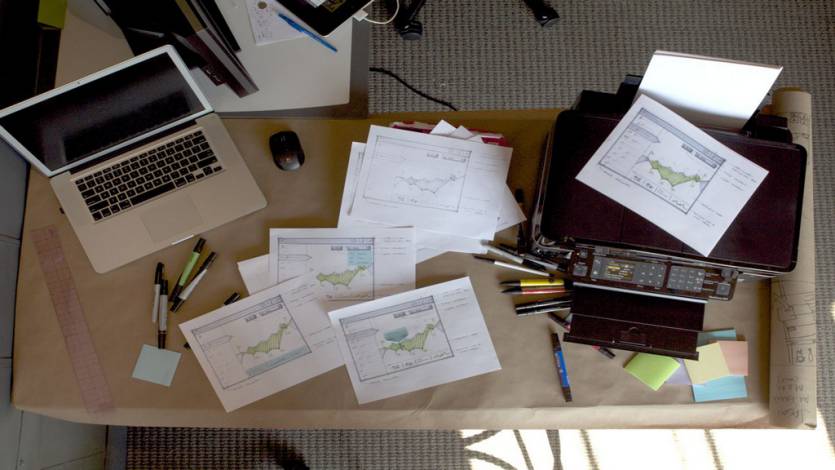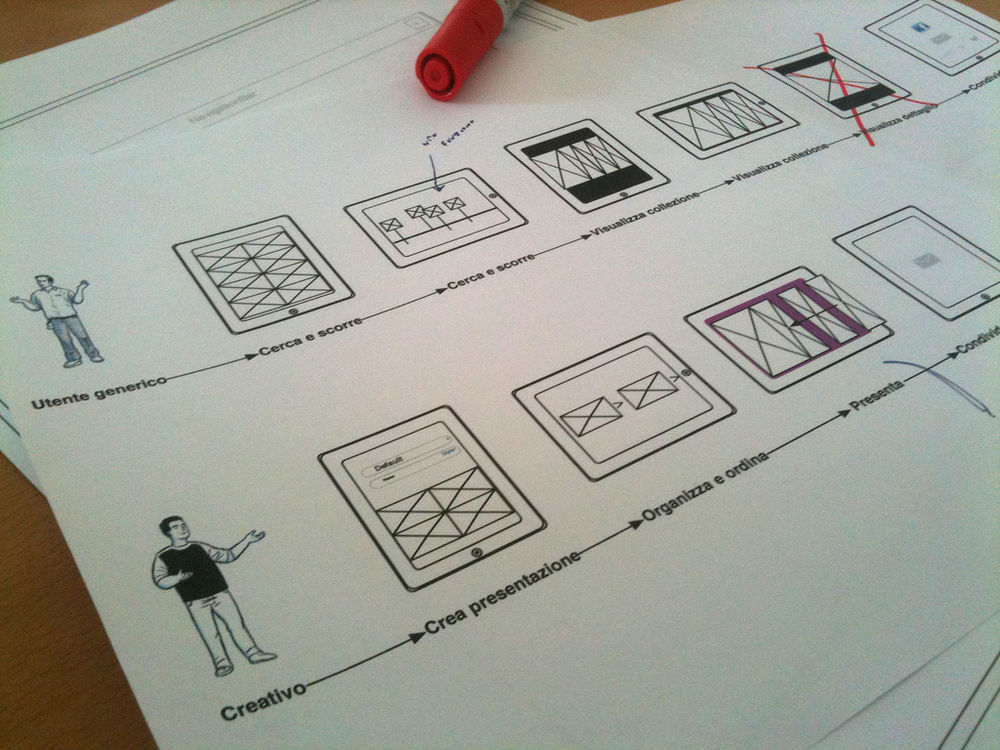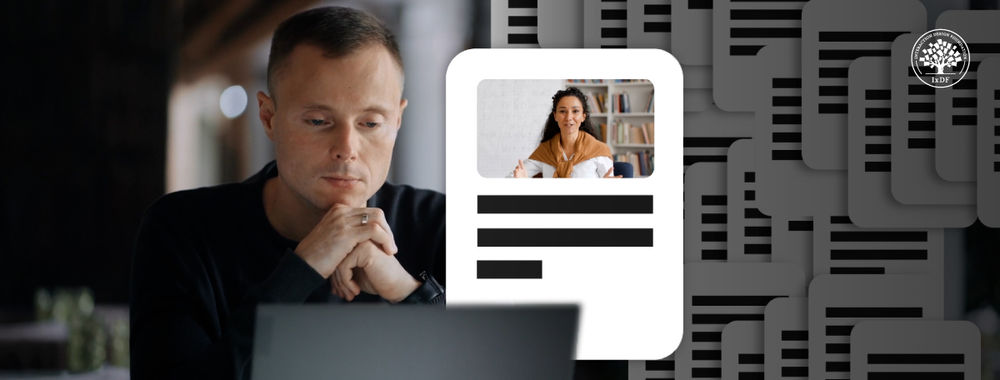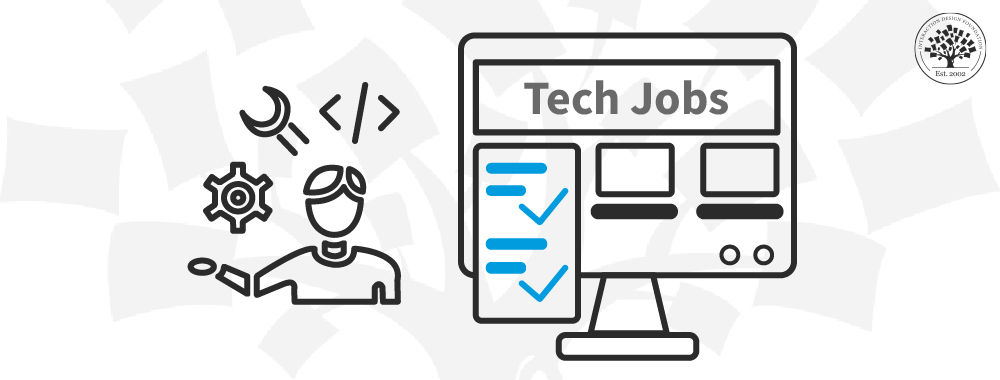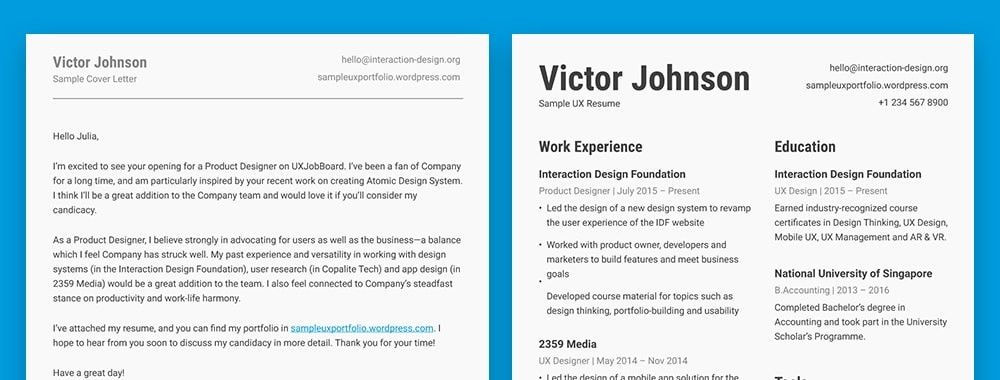Life’s busy isn’t it? Many of us spend so much time racing on to the next challenge that we fail to reflect properly on the things that we’ve learned reaching the last objective. One of the best ways to address is this is to develop a personal development log.
What is a Personal Development Log?

Author/Copyright holder: Unknown. Copyright terms and licence: Unknown
A personal development log is simply a record of things that you’ve learned or done to improve your knowledge. Many people keep very good records of formal training but then they skip recording the things learned in more informal environments. A personal development log is essentially an enhanced version of your training records.
What Goes Into a Personal Development Log?
You can record whatever you like in a personal development log but some ideas would include:
Articles you’ve read and key points from them
Conversations with your peers and management and key points from them
Formal learning you’ve attended and a summary of what you gained
Information from your “lessons learned” project wrap ups
New software you’ve gained proficiency in
Conferences attended and the major learning points
Etc.
Why Should I do This?
Firstly, it’s for your benefit. Reviewing learning makes it much more likely to stick. You will find that keeping a personal development log actually cements the lessons you’ve learned and improves your ability to demonstrate those skills in real life. That’s always handy and one of the main complaints of employers is how little responsibility people take for their own learning when in reality the truth is much different.

Author/Copyright holder: Eleanor Faye Baines. Copyright terms and licence: All rights reserved
The second benefit is being able to demonstrate that you are responsible for your development. When your annual review comes round (or however often they’re held) – you will be able to sit down and say; “I think I should be promoted/get a pay rise/etc. because I have developed and I am worth more than I was a year ago.” You will be able to show your manager what you’ve done to develop – when your peers, who aren’t keeping a personal development log, will struggle to do so. Think of it as enhancing the UX of you for your employer.
Then there’s the fact that keeping a personal development log makes you more conscious of development and you will start to see lessons in life more readily. 99% of our development takes place on the job and not in a classroom. There’s a definite place for formal learning; after all if there weren’t – we wouldn’t exist. However, formal learning is a small part of our own growth.

Author/Copyright holder: Kevan. Copyright terms and licence: CC BY 2.0
Finally, you will be able to show future employers what you’ve been doing to make yourself a more attractive prospect to them. I’ve held dozens of interviews (and been on the receiving end of a few too) and the ability to show your commitment to self-development is often all it takes to land a position. So many people don’t bother to do it – it’s an easy advantage to take.
Header Image: Author/Copyright holder: Smashing Magazine. Copyright terms and licence: All rights reserved. Img
